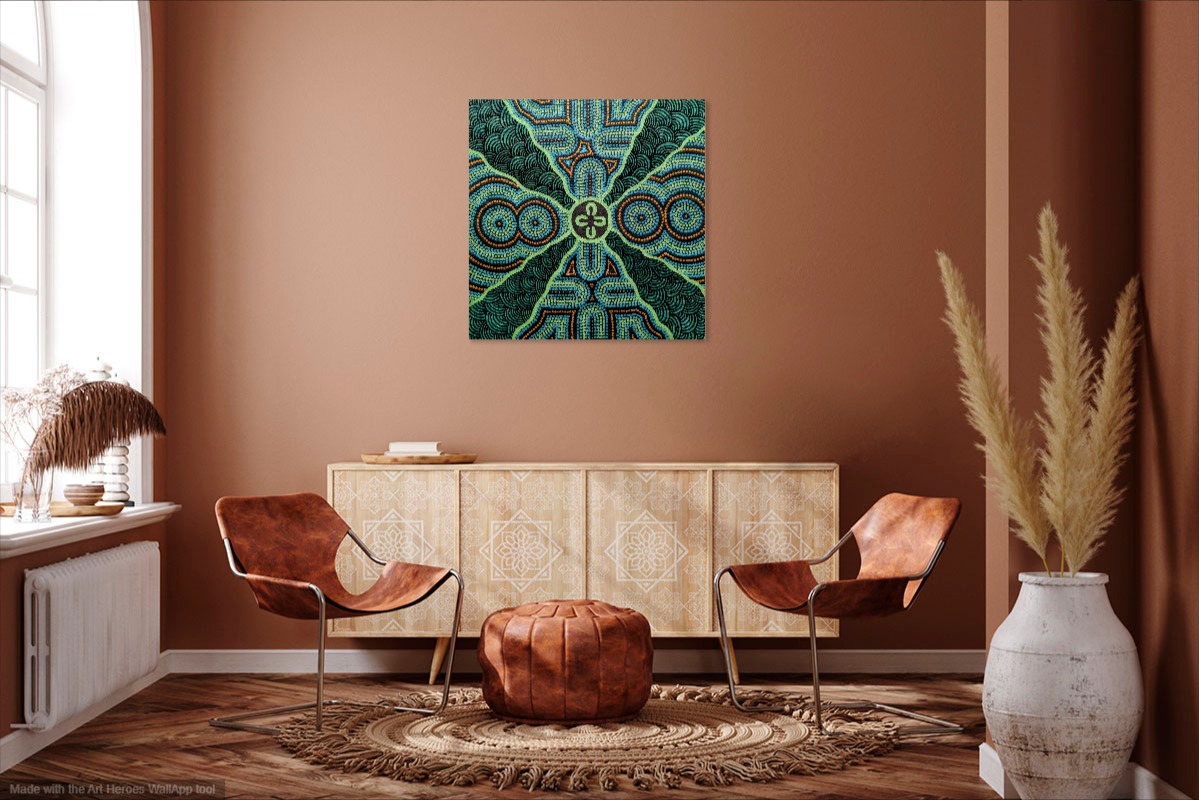
Aboriginal people believe that their healers, their “medicine men”, have special powers which are bestowed upon them by their spiritual ancestors to heal. They have the roles of both a general practitioner and a psychiatrist, healing both the body and mind.
For the Aṉangu of the Western Desert cultural bloc, practitioners of bush medicine are known as ngangkari. They cure illnesses through healing rituals that may involve magic. An example of such ritual would be singing, massaging and sucking to remove a foreign object that has entered the body, and invoking the power of the war god Ancestor Ngurunderi to heal the wounds of soldiers caused by spears and clubs. Aside from physical healing, ngangkaris also act as mental health practitioners, as they try to resolve conflicts within the community and offer advice as well. With every sickness, in addition to giving a diagnosis and advice on suitable remedies, the duty of the ngangkari is also to assess the impact of the sickness to the community.
Many Aboriginal people choose to be treated by bush medicine instead of, or as well as, Western treatments for a number of reasons. These include: some Aboriginal people feel uncomfortable and out of place in a sterilised, Western clinic; Aboriginal bush medicine incorporates physical, spiritual and emotional healing, whereas Western medicine does not; and they believe that by using these treatments they are being drawn closer to their ancestors.
Out of stock
Ready to become an art collector? Read more information and answers to frequently asked questions about this collector's item below.

I acknowledge and pay respect to the Traditional Custodians of the land we live and work on. I extend my respects to Elders, both past, present and emerging; and recognise the continuing connection to lands, waters and communities of all Aboriginal and Torres Strait Islander peoples today.